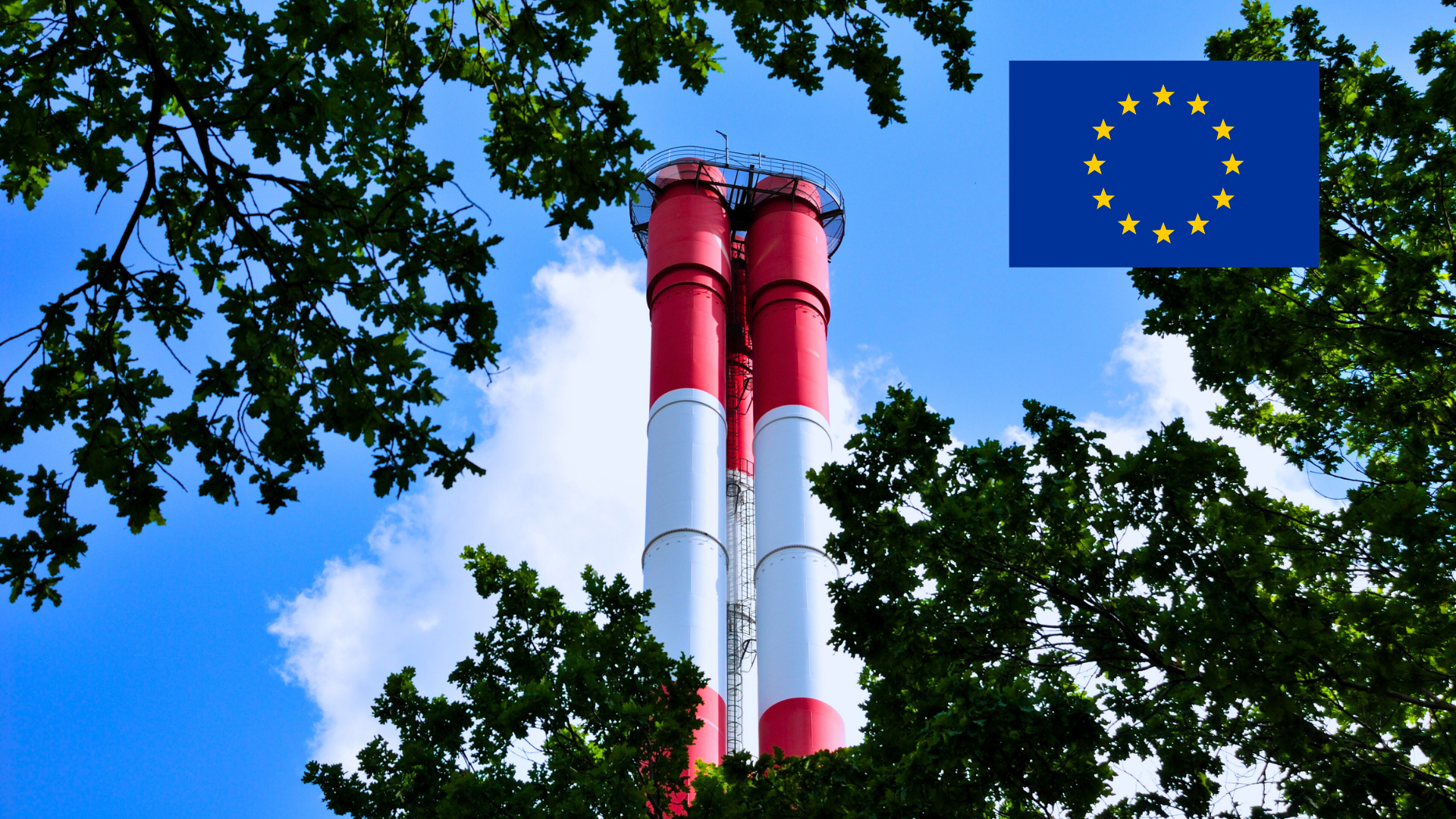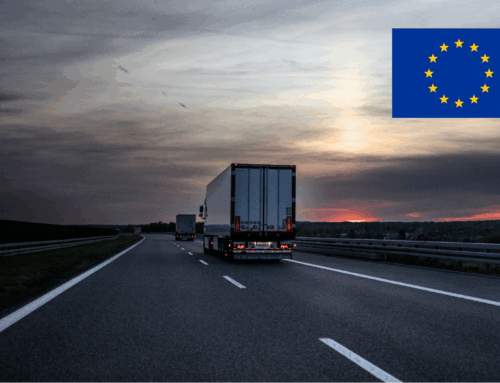As part of the European Green Deal, the Carbon Border Adjustment Mechanism (CBAM) was created to ensure that imported goods incur the same CO2 costs as goods produced in the EU. The authorization procedure for CBAM applicants has now been opened: From 01.01.2026, only authorized CBAM declarants will be allowed to import CO₂-intensive goods into the EU customs territory.
All companies that import goods from Annex I of the CBAM Regulation (Regulation (EU) 2023/956) are affected, including:
- Cement
- Electricity
- Fertilisers
- Iron and steel
- Aluminium
- Chemicals (hydrogen)
Application via the CBAM register
The application for authorization must be submitted via the CBAM register, which can be accessed via the German customs portal. Any confusion with the CBAM transitional register must be avoided:
- The CBAM Transitional Register will continue to be used for quarterly reporting until 31 December 2025.
- Anyone who is already registered in the CBAM Transitional Register will automatically receive access to the CBAM Register.
- If you are not yet registered, you will need to log in to the customs portal, for which an ELSTER certificate is required.
What impact does the Omnibus I package have?
On 26 February 2025, the European Commission proposed changes to the CBAM Regulation as part of the Omnibus I package. One key change would be the introduction of a volume threshold of 50 tonnes of CBAM goods per year. If this regulation comes into force, companies with lower import volumes would be exempt from the CBAM obligations.
The Commission assumes that this could reduce the number of CBAM declarants by around 90%, while still covering 99% of CO₂-intensive imported goods. However, it is still unclear whether and when these changes will take effect.
Why companies should still register now
Depending on the date of submission, it can take up to 180 days to process an application for authorization. Even though the Omnibus I package may bring changes before 1 January 2026, the national supervisory authority DEHSt recommends that affected companies register now in order to have legal and planning certainty.
Authorization is a prerequisite for the import of CO₂-intensive goods from 2026 – without authorization, import is no longer possible.
Further information and detailed instructions on registration can be found on the official platforms of German customs (Zoll-Portal) and the European Commission.






